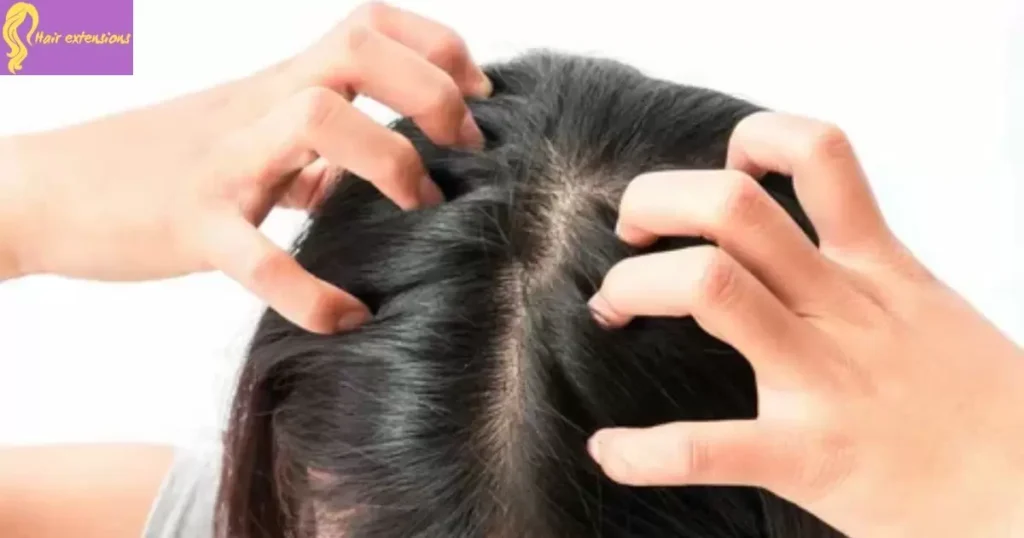Hair extensions can itch for several reasons like fallacious set up, terrible high-quality extensions, reactions to bonding retailers or glues, and buildup beneath the extensions. Itching is not unusual however managing it well facilitates avoid harm and soreness. Regular cleaning, conditioning, and adjusting the extensions can provide relief.
Have you ever worn hair extensions? They can make your hair look longer and fuller. But sometimes hair extensions start to itch. Why do they itch? There are some reasons. The glue can bother your scalp. Or dirt and oil can build up under them. Taking care of your extensions helps stop the itch. Finding out why they itch can help you pick better extensions next time. So why do hair extensions itch? Let’s find out.
Hair extensions can purpose itching due to infection from glues and bonding marketers used at some stage in application. Buildup of dirt, oil, and products under extensions also leads to discomfort. Poor quality extensions with coarse or sharp edges may scratch the scalp. Proper installation method and regular maintenance like cleaning, conditioning, and adjusting extensions helps minimize itchiness.
Irritatio From Glues and Bonding Agents
Hair extensions are often applied with the use of glues and bonding marketers. The chemicals in these can irritate the scalp. This reasons redness, infection, and itching for a few wearers.
Choosing hypoallergenic and natural adhesives can help keep away from this hassle. Proper curing and drying of bonding agents is also important to prevent irritation.
Buildup of Dirt, Oil, and Products
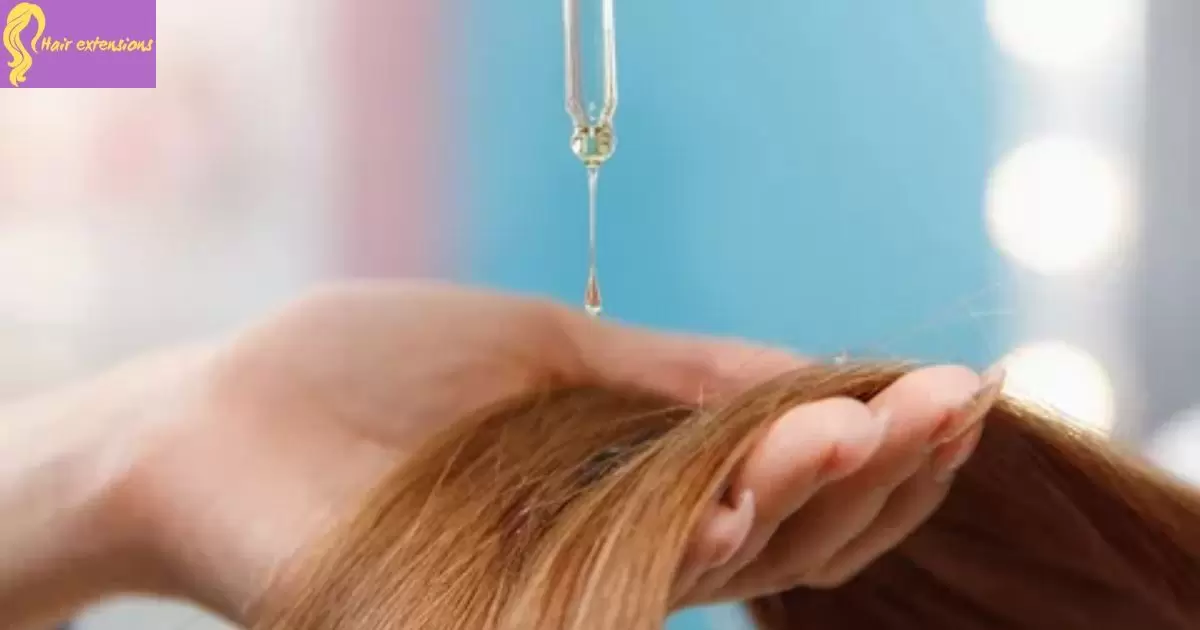
Hair extensions can trap dirt, oil, and product buildup underneath them. This creates an unpleasant environment near the scalp. It can cause itchiness and discomfort.
Regular cleansing and deep conditioning is important. Teaspoonfuls of baking soda scrubbed gently onto the scalp can help remove buildup and relieve itching.
Low-Quality Extensions Scratching Scalp
Cheap or low-quality hair extensions may have uneven or sharp edges. These can scratch against the scalp, cutting the skin and causing pain and itching.
Only use soft, smooth extensions from reputable brands. Avoid metal beads and coarse application threads. Check that wefts are aligned and sewn evenly without protruding threads.
Allergic Reactions to Extension Materials
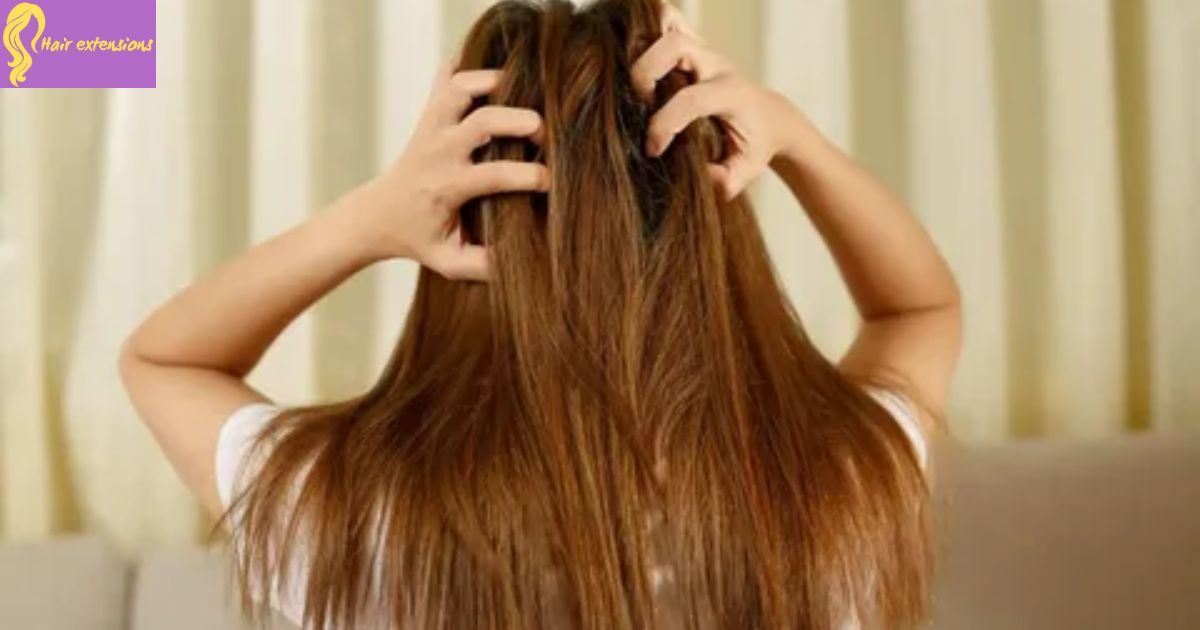
| Reason | Explanation |
| Ingredient allergy | You might be allergic to an ingredient in the extensions or glue. |
| Chemicals cause reaction | The chemicals used in some extensions can cause an allergic reaction. |
| Synthetic extensions | Synthetic hair extensions are more likely to cause allergies than real hair. |
| Nickel allergy | Nickel or metal in clips, beads, or tools can cause an allergic reaction. |
| Patch test | Do a patch test before using new extensions or products. |
| Look for irritation | Redness, swelling, blisters point to an allergy. Stop using the extensions. |
| Remove immediately | If you have a reaction, take extensions out right away. |
| Avoid repeat exposure | Don’t use extensions or products again if they caused an allergy before. |
| See a doctor | See a doctor if the reaction is severe or doesn’t get better fast. |
| Choose alternatives | Pick different extension types or brands if one caused an allergy. |
Some people may have allergic reactions to the materials used in hair extensions. This is especially common with synthetic extensions rather than real human hair.
The glues, tapes, bonds, and other chemicals used can also provoke allergies and irritation. Patch testing extension components before use can identify potential allergens to avoid.
Improper Installation Techniques Cause Discomfort
If extensions are installed incorrectly, they can tug, pull, or weigh down sections of real hair. This constant tension on the follicles and scalp is uncomfortable. It can cause headaches, soreness, and itching.
Visiting an experienced stylist ensures proper sectioning, attachment, weight distribution, and application technique. This minimizes irritation.
Lack of Regular Cleaning and Conditioning
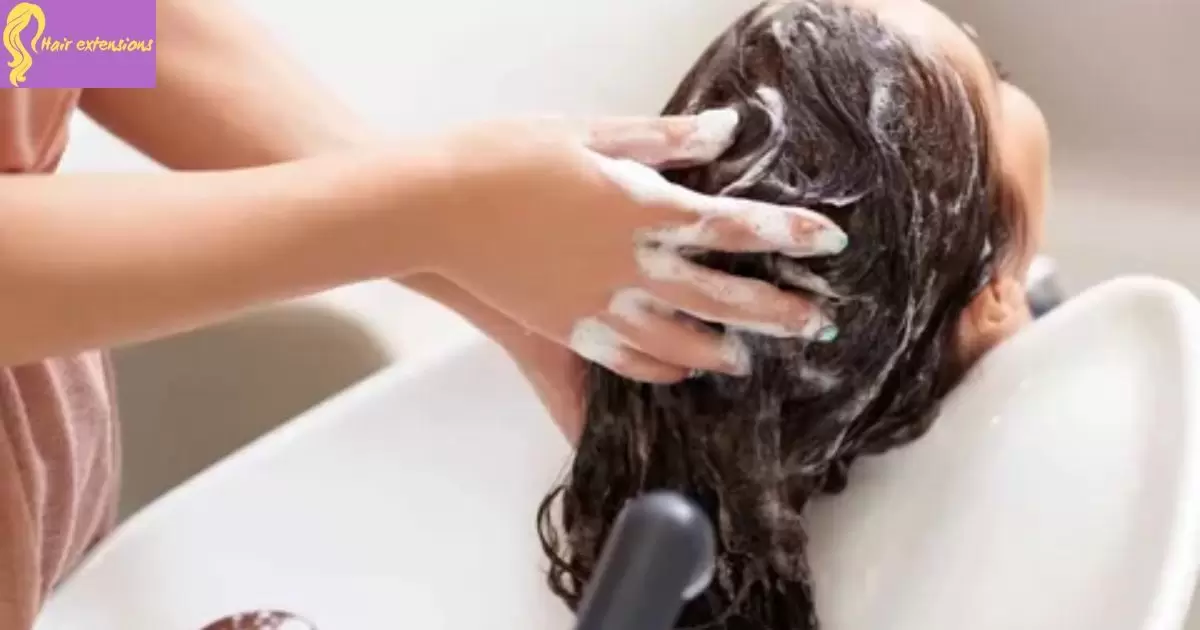
Failing to regularly wash, condition, and moisturize the scalp under extensions leads to itchiness. Dirt, dead skin cells, and oils accumulate. This irritates the scalp.
Use moisturizing shampoos and scrub brush to softly cleanse the scalp and hair. Ensure sufficient conditioner penetrates down to the roots to save you dryness and itching.
Failure to Properly Adjust and Maintain
As natural hair grows out, extensions can become loose, uneven, or uncomfortable. Lack of maintenance causes tugging, matting, and irritation on the scalp. Get them professionally adjusted or removed once growth or discomfort occurs.
Do not try to reuse extensions once removed as bonding agents degrade the quality. Improper at-home removal risks breakage and scalp injury.
Coarse Edges on Extensions Aggravate Skin
The edges of low-quality hair extensions may be coarser and rougher in texture. These coarse cuticles can scrape and prickle the neck and scalp. This leads to irritation, redness, and itching where they make contact.
To prevent this, seal cuticle edges and tips with clear nail polish or silicone sealant when needed. Or look for softer, smoother Remy or virgin Hair Extensions Curl extensions.
Overstyling and Heat Damage Makes Itching Worse
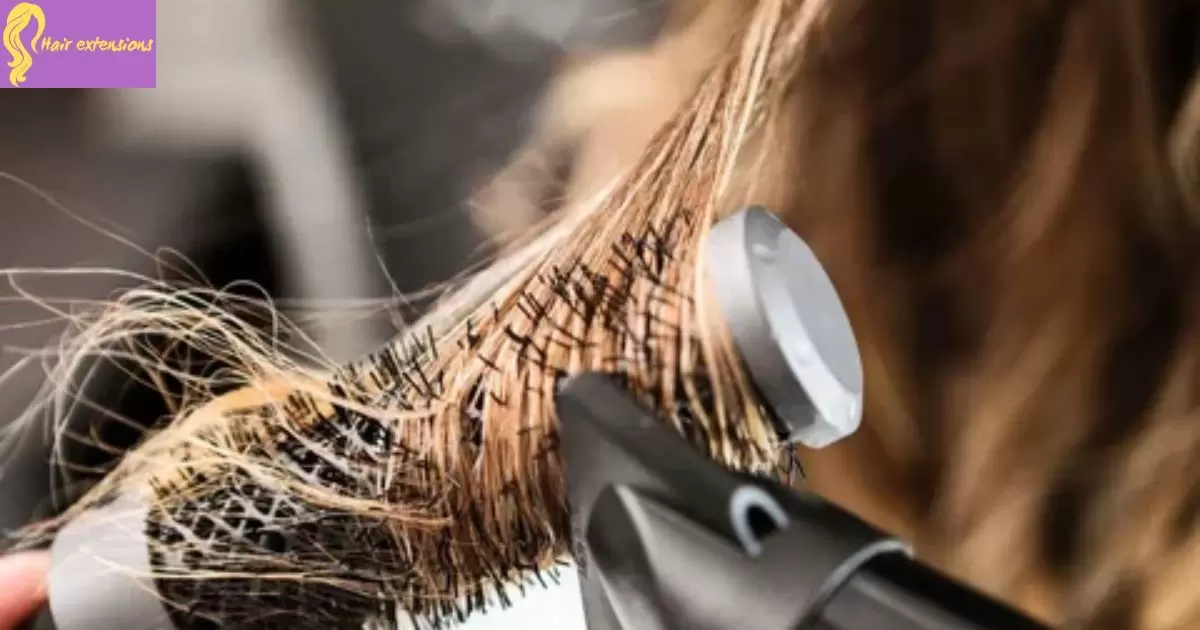
Too much heat styling and over-manipulation of extensions can damage the real hair underneath. This causes dryness, breakage, and irritation to the scalp. Limit heat tools to low or medium settings.
Use heat protecting sprays or serums before hot styling. Avoid tightly pulling, tugging, or backcombing extensions as this puts excess stress on the follicles.
Solutions to Manage and Prevent Itching
To minimize itching from extensions, proper installation and regular maintenance is key. Use high quality products applied by a skilled professional. Gently wash and condition hair weekly, including the scalp.
Adjust or remove extensions as soon as discomfort occurs. Avoid overusing heat tools and harsh styling that could damage hair. Apply moisturizing oils and serums as needed to condition the scalp.
FAQs
How do I stop my hair extensions from itching?
Gently cleanse your scalp and hair, condition often, and use moisturizing merchandise to prevent itching from extensions.
Is it ordinary for brand spanking new extensions to itch?
Mild itching is not unusual with new extensions as the scalp adjusts but needs to subside within a few days.
How do I stop my hair from itching beneath my weave?
Cleanse and circumstance the scalp thoroughly, regulate the weave for comfort, and avoid buildup to alleviate itching beneath a weave.
Why does my hair get itchy after I tie it up?
Tight hairstyles can cause anxiety on the follicles main to itching and discomfort whilst hair is tied up.
Conclusion
Hair extensions can help add period, quantity, and fashion on your herbal hair. But many people experience itching with hair extensions. Why do hair extensions itch? As we learned, irritation can come from installation adhesives, buildup under the extensions, low quality hair, improper application, lack of maintenance, and overstaying. By using quality extensions properly installed by a professional, caring for your scalp and hair diligently, and adjusting or removing extensions when needed, you can minimize irritation.
Itching is a common annoyance, it doesn’t have to be inevitable with hair extensions. Now that you know the major reasons why hair extensions itch, you can take steps to prevent and manage it. With proper selection, application, and care, hair extensions can look beautiful without driving you crazy from itching. Just be sure to get your extensions from a trusted brand and stylist. And don’t forget regular cleansing, conditioning and maintenance. Addressing the question of why hair extensions itch helps you reduce discomfort.

